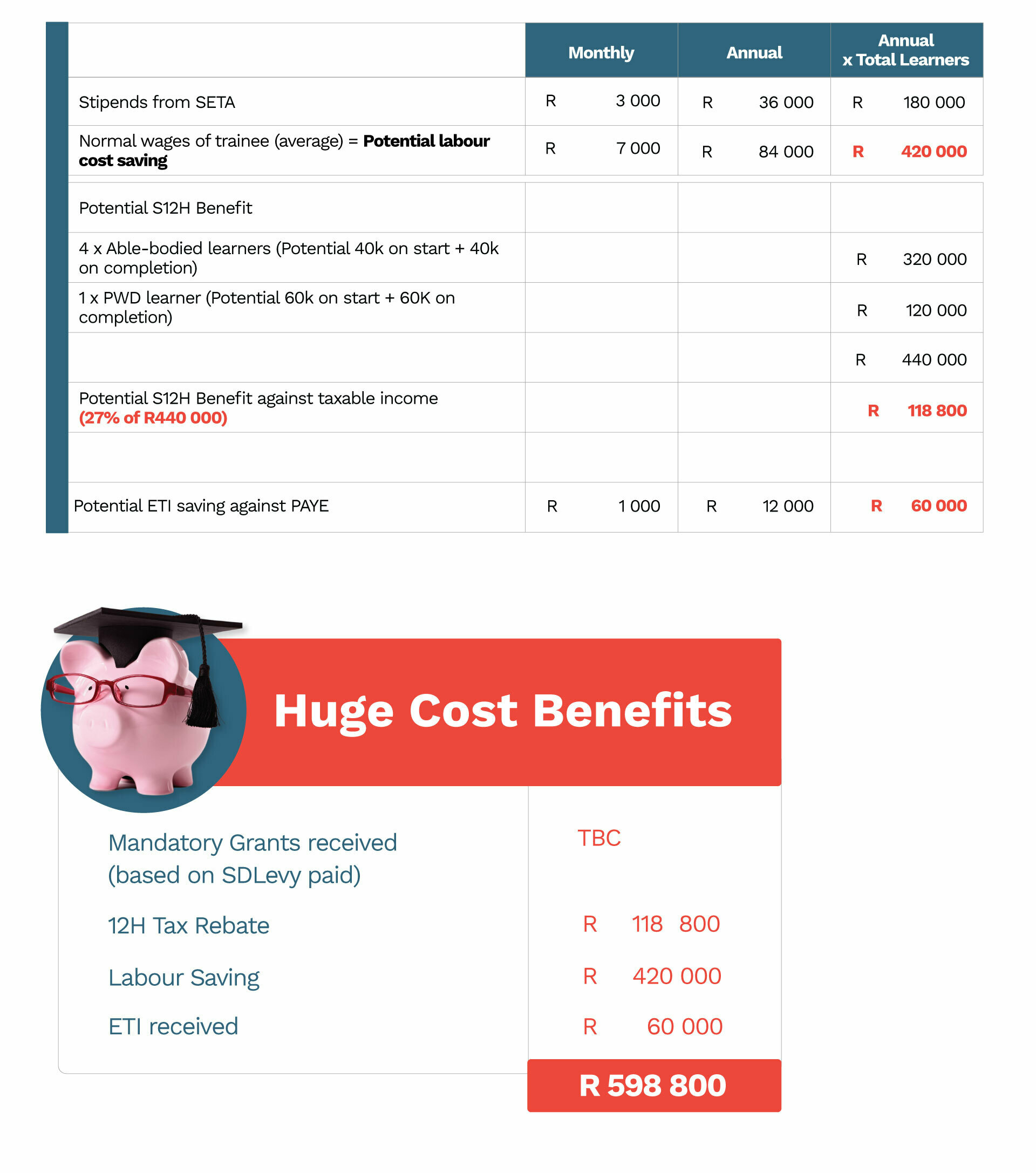The service station industry is a labour-intensive sector, serving as a significant source of employment for numerous individuals. Against the backdrop of the present economic climate, retailers find themselves contemplating the optimal level of workforce required for efficient operations and sustained profitability. This blog delves into the strategies that retailers can employ to achieve a harmonious equilibrium between labour costs and overall business profitability.
In a landscape where self-service petrol stations seem distant, South Africa continues to rely on its essential human workforce within service stations and retail in general. This labour force serves as the cornerstone of operations and represents the very face of the business. From the welcoming petrol attendants to the efficient cashiers and behind-the-scenes back office personnel, every role contributes to maintaining the efficiency and profitability of these stations.
Labour Costs and Profitability
Balancing the Ledger: Meeting Minimum Wage Requirements
The minimum wage conundrum is a tightrope walk, and for service station owners, the stakes are particularly high. With the Retailers profit margins serving as a backdrop, adhering to mandated wage bills can strain the financial health of the entire operation. The Sectoral Determination applies to the employment of workers in the Wholesale and Retail Sector in South Africa. Retailers are confronted with a pressing need to not only navigate job creation but to also avoid retrenchments while balancing rosters.
While labour costs can be a burden, paying fair wages has its benefits. Fair wages encourage employee loyalty, job satisfaction, and higher productivity. Employees who feel valued and fairly compensated are more likely to provide excellent customer service, contributing to the overall success of the service station. Additionally, Retailers can learn to play to your employees strengths; For instance, one petrol attendant or cashier may be a master at managing your busiest hours, whereas a different cashier has a knack for enticing customers to buy extra items at the till. By recognising these talents, rewarding them, and using them to your advantage, you will optimise your labour costs (and make your employees feel valued).
Automation and Efficiency
Skills Development and your workforce
Retailers might neglect ongoing training for their employees in an attempt to reduce expenses. However, it's important to recognise that investing in the training and retraining of your staff can be advantageous for both your business and your profit margins. By providing exceptional customer service through well-trained employees, your retail establishment can attract more repeat business and loyal patrons.
Partner with us to take care of your labour relations and skills development of your workforce. Labour Relations services at PetroCONNECT are available to assist you in managing all your workforce-related matters. The Hub by PetroCONNECT serves as your portal to additional resources, enabling you to stay informed about regulatory changes pertaining to the human capital aspect of your business.
Through our Skills Development Services, we offer diverse approaches for implementing skill development within your business. These approaches can help you unlock a range of grants and tax rebates.
Here’s a scenario that best illustrates the savings:
Skills development of 1 employee on a skills development programme could have the following benefits.
